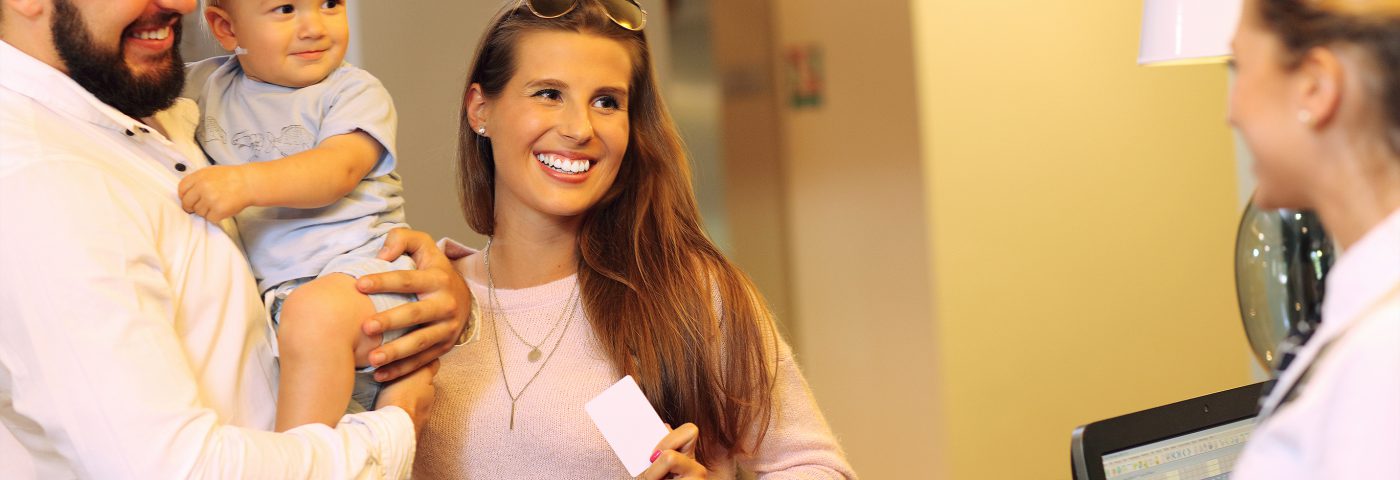We can book a flight via an app and we can check in using our cell phone, but without the pilot, the flight attendants or even the people who are in charge of dispatching our luggage, the trip does not take place. Without the hotel receptionist or even the baggage handler we won’t be able to get to our rooms. So imagine, experiencing a city like Paris without a guide? It is no use resorting to English or to the well-known “made up English”.
It is a fact: in the travel industry, which, according to Embratur’s figures generates 131.12 billion reais per year, approximately 8% of Brazil’s GDP, without the human element, nothing is possible. This is the perfect fuel that makes Tourism so charming. Even in modern times, where we can find online guides for almost everywhere, face to face conversation, empathy with each traveller and smiles have immeasurable value.
Travel, in addition to its unifying power, is an industry that gives rise to unforgettable experiences, both for those who consume a product or a trip, as well as for those who offer or receive a traveller. There is a swapping of experiences, the contact with new languages or even with the specific characteristics of a new culture. As Mario Quintana said, “Travelling is like changing the clothes of one’s soul”.
This is one of the few markets that can sustain an upward growth curve year after year. The World Tourism Organization (UNWTO) also gives an indication of the sector’s optimism, with a forecast 3% to 4% increase in international arrivals this year, with a highlight to Africa and the Pacific (between 5% and 6%), the Americas (between 4% and 5%) and Europe (between 2% and 3%).
Representing a very important and part of the travel industry’s agenda, the events segment also faces great challenges, particularly when one realizes that there is so much technology “stealing space” from personal encounters. There are all these chat and conference apps that facilitate day-to-day life and connections around the world. On the one hand, this reality offers speed and practicality by promoting virtual meetings which would previously have been expected to be held face-to-face. On the other hand, we know that events will never be replaced by technology, which will continue to play a key role in business success.
In addition, the same technology that is a major facilitator in the case of existing relationships, is not enough to create a relationship of trust when it comes to closing a deal or establishing a partnership. After all, are you going to trust people who you’ve never seen with your work or your business’ most important strategies?
In this sense, we can also state that events such as WTM Latin America, for example, which are crucial to the industry, would simply not occur without the physical presence of people.
Today, five years after being launched in the region and becoming Latin America’s most international event, generating more than US$ 375 million in business, WTM Latin America continues to excite me: when the event occurs and I see people shaking hands and hugging, I remember what a motivator our industry is and how essential technology is and that it will play an ever increasing role in an industry which, paradoxically, is driven by face-to-face contact.
And what about you, have you ever wondered what drives you? https://www.youtube.com/watch?v=Gzl8fm3X8og


